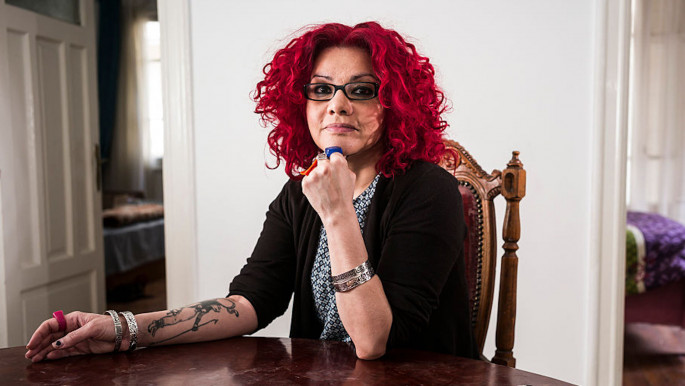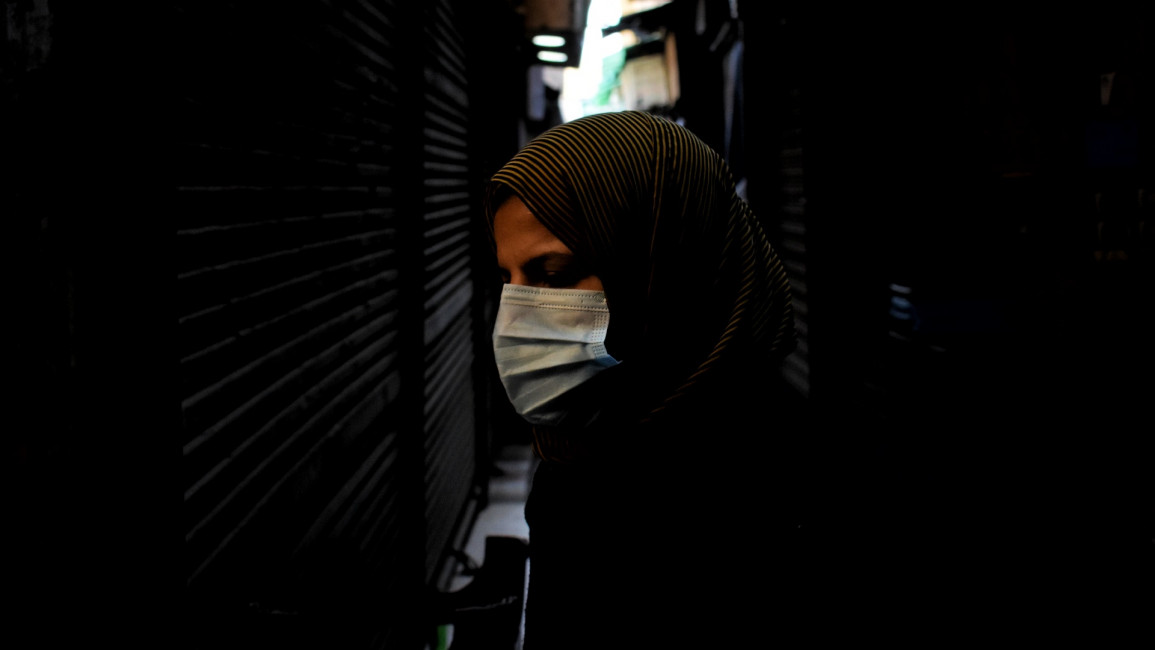Egypt women's rights group protest 'regressive' draft personal status law
Egypt women's rights group protest 'regressive' draft personal status law
The draft personal status law would be a major set-back for women's rights if realised, a leading Egyptian rights organisation said this week.
2 min read
The draft law would curtail women's rights over their marriage and children [Getty]
A leading Egyptian women's rights organisation has slammed the government over a new draft personal status law that it says reduces women to "machines for birthing children".
The draft law published in Egyptian media last week is a "shocking and frustrating" set-back for women's rights, the Egyptian Centre for Women's Rights (ECRW) said in a statement.
The "regressive and conservative" proposal is one that has no relation to the current reality where women contribute financially to a family, the ECRW said this week.
Instead it is a draft law based on one strict interpretation of Islam, the ECRW said.
"In Egypt, we have female ministers in all fields, yet under this law, they wouldn't even have the right to contract their marriage, and would be prevented by any man from traveling even if it's a work requirement," Nehad Aboul Komsan, chairwoman of the ECRW, said in a video.
The draft law was referred to Egypt's parliament last week, according to local media reports.
If realised, it would put many women's decisions in the hands of their fathers, husbands or closest male relatives.
The proposal allows only a male guardian would be allowed to sign a marriage certificate on the woman's behalf.
 |
| Read more: 'Egypt needs a feminist revolution' |
The draft law also proposes that male relatives have the right to annul a woman's marriage at any time.
It also gives male relatives the right to prevent a woman from traveling, and would restrict women's rights over their children by prioritising the father in custody disputes.
The proposal would also curtail a mother's ability to register the birth of her child or obtain a passport for the child, as well as her ability to make decisions about the child's education or medical care.
The draft law's introduction comes after Egypt witnessed last year a resurgent #MeToo-style movement to tackle rife sexual harassment and violence against women.
Egyptian activists and women's rights organisations have long spoken out against sexual harassment and gender-based violence.
But the fight resurfaced in July after 22-year-old student Nadeen Ashraf launched an Instagram page with the handle @assaultpolice, exposing serial sexual harassment and assault allegations against student Ahmed Bassem Zaki.
The account later exposed the so-called Fairmont Crime, an alleged gang rape that took place in the Fairmont Nile City Hotel in Cairo in 2014.
Similar social media accounts allowed other women to safely and anonymously share alleged accounts of sexual assault and harassment by prominent authors and journalists.
Follow us on Facebook, Twitter and Instagram to stay connected
Similar social media accounts allowed other women to safely and anonymously share alleged accounts of sexual assault and harassment by prominent authors and journalists.
Follow us on Facebook, Twitter and Instagram to stay connected


